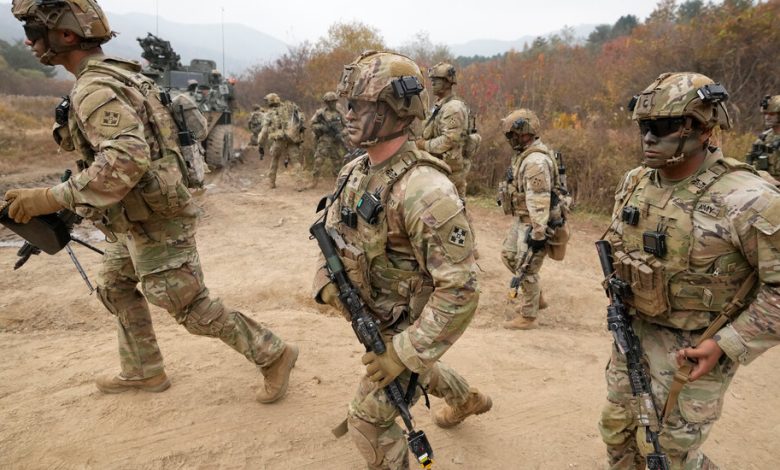Bill in Congress Would Force Action on U.S. Troops’ Blast Exposure

Lawmakers from both parties plan to introduce a sweeping bill in Congress on Wednesday that would force the military for the first time to track and limit troops’ exposure to damaging shock waves from firing their own weapons.
Routine exposure to blasts in training and combat was long thought to be safe. But research suggests that over time, exposure to repeated blasts can cause microscopic brain injuries that lead to profound mental problems, like mood swings, insomnia, substance abuse, panic attacks and suicide.
The bill, known as the Blast Overpressure Safety Act, would order the military to begin recording troops’ individual blast exposures in training and regularly give exposed troops neurocognitive tests to check for signs of possible injuries. It would also require military medical personnel to be trained in recognizing injuries from repeated blast exposure, which are currently often misdiagnosed as behavioral health issues, if they are diagnosed at all.
Senators Elizabeth Warren, Democrat of Massachusetts, and Joni Ernst, Republican of Iowa, plan to introduce the bill in the Senate on Wednesday. Representative Ro Khanna, Democrat of California, plans to introduce a similar bill in the House.
“The Defense Department is not meeting its responsibilities to prevent traumatic brain injuries from blasts,” Senator Warren said in an interview. “We are beginning to understand the scope of the threat, and how devastating the injury can be. But the Department of Defense is not moving with the urgency they need to use.”
The bill would also force the military to change how it designs new weapons. A number of heavy weapons now in wide use produce shock waves far more powerful than are considered safe under current military guidelines. The bill would require the military to modify some existing weapons to reduce the strength of their blasts, and take into account, for the first time, the need to minimize brain-damaging blast waves when acquiring new weapons.




